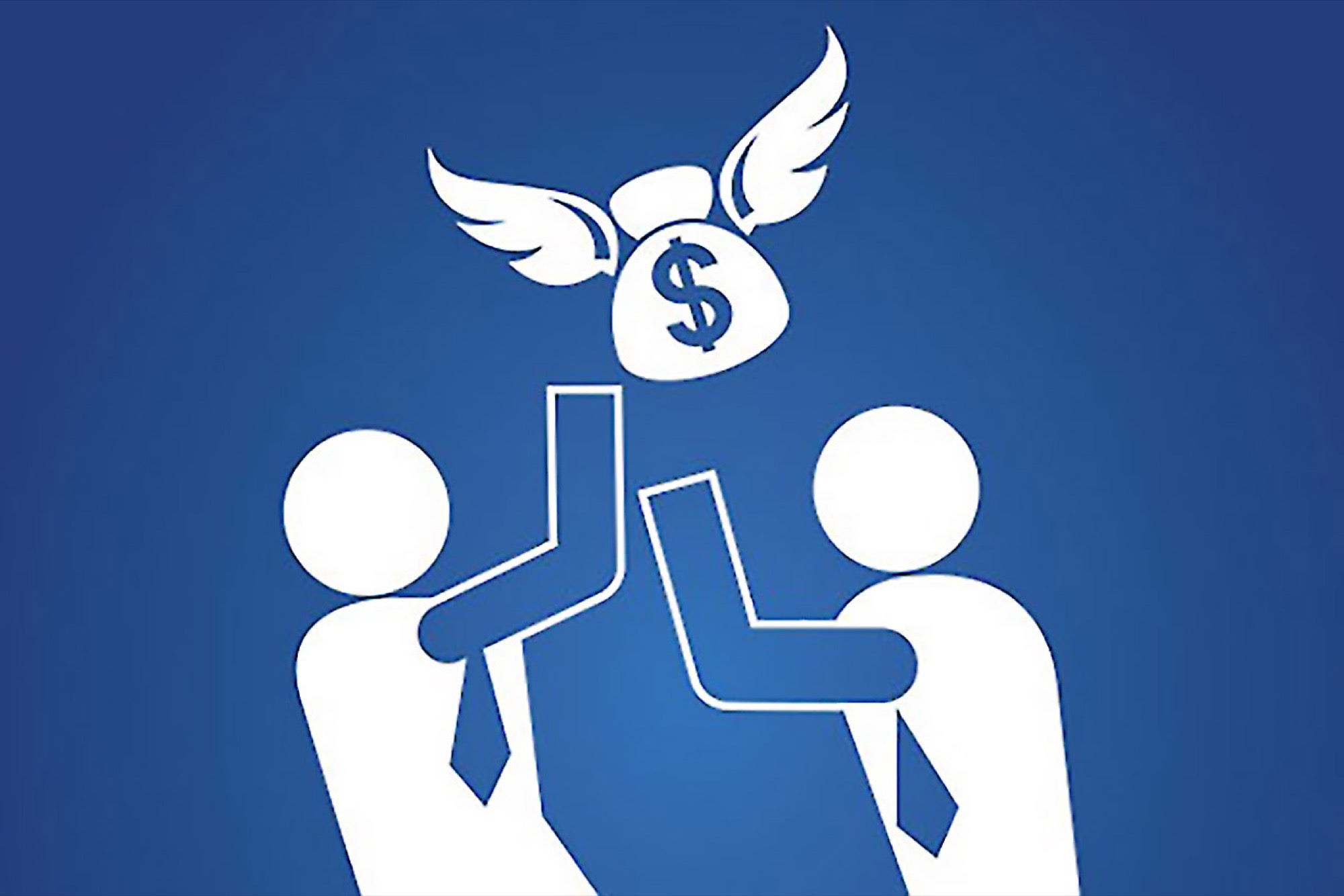Contactless payments or Wearables - Where Does the Future of Fintech Lie? Payments enabled by QR code or carried out through NFC-based cards will gain popularity, says this expert
You're reading Entrepreneur India, an international franchise of Entrepreneur Media.

A watch that counts your every step throughout the day, reflects the calories you have burnt or even examines your sleep pattern — that's what wearable technology is all about in India so far, restricted solely to fitness purposes. But the day doesn't seem far when wearable technology will be a branch of financial technology, a tap on your watch will help you pay your bills.
Entrepreneur India talks to experts in the industry about how the future of Fintech will shape up.
The story So Far
Internationally, the launch of Apple Pay has already generated a lot of interest with its advanced technology enabling people to configure their cards in their watches. They can now transact through their iwatchs or iphones.
However, because of its small screen restrictions and other drawbacks, wearable technology in India still hasn't forayed into the Fintech sector. However, now that the domain is witnessing disruptions every other day, India can now hope to see a wearable watch that allows one to do transactions.
In India, contactless technology in the field of payments has been introduced with the trend of pay using Near Field Communication technology. If a debit or credit card is NFC-enabled, one can just near a PoS machine that also boasts of the same technology.
Wearables in Fintech Not For the Masses, But Will Contactless Payment Be So?
The concept of using an iwatch or other wearable technologies has been restricted to an elite segment of the country. Talking about how instead of the wearable, contactless payments will become popular in the future, Vikram Sud, former APAC operations and technology Head of Citibank and also Ex-group COO of Kotak Mahindra Group, said, "Wearable have always had a limited market, more so because there is limited standardization for the watch. A small segment of the richer class is more known to be using them."
Payments enabled by QR code or carried out through NFC-based cards will gain popularity, predicted Sud. "Technology may change over time, but a payment system with an in-built protection and an easy feature to turn it off and on will be accepted by the masses. The same will be mostly used for a huge number of transactions of small-ticket items."
However, Satyen Kothari, Founder of Cube, has a different opinion. Stressing that it's not about whether it's possible, but when will it happen, he said, "Simple wearable may stay a novelty when it comes to payments. Given the needs for authentication and authorization in payments, a smart phone or a smart watch is more likely to induce mass market adoption as these can be configured for different use cases. The current system of payment via a chip and pin are legacy systems and relatively inconvenient. Payments will become frictionless and invisible as technology changes, making Apple Pay and NFC more mainstream. The question is not if but when."
Different Payment Methods are Nothing but Form-factors
While there exist various modes of transactions, Bhavik Vasa, Chief Growth Officer, Itzcash, termed all of them as just form-factors. "Fundamentally, all these payment methods are just a virtual account at the backend of a server, where you manage credit and debit. All these instruments are nothing but form-factors, tools that allow payment. The merger of IoT with payments is an interesting concept and it's taking the same form-factors in different sizes for convenience," added Vasa.
Be it the debit cards we use or the NFC-enabled chip cards, which requires one to just wave and pay, it's only the convenience that matters. "It's the same pocket-size plastic card that's using different technology. What Samsung Pay or Apple Pay are saying is that even if you leave your wallet at home, you can do transactions with your phone. The future holds enough innovation, but we have to keep in mind two things. First, tech innovation has already happened and now, anything is possible. Second, adoption of this technology for security purposes and building it for a scalable environment, keeping in mind the convenience of consumer and the merchant," said Vasa.
Challenges: Security is the Big Issue
With wearable or contactless payments, security is a big concern. Sud talked about how the idea of a card being stolen still exists and the prevention of misuse should be taken into account on priority basis while building these products.
Kothari, meanwhile, touching upon other issues stated, "Handling of various use cases and types of authentication needs in various geographies will be a challenge. Also, having enough of an acceptance network on the merchant side to make it mainstream could be a problem. Finally, security concerns such as remote access will have to be addressed."










